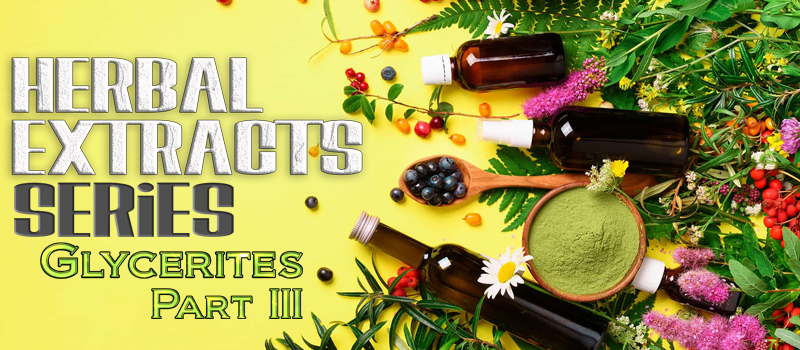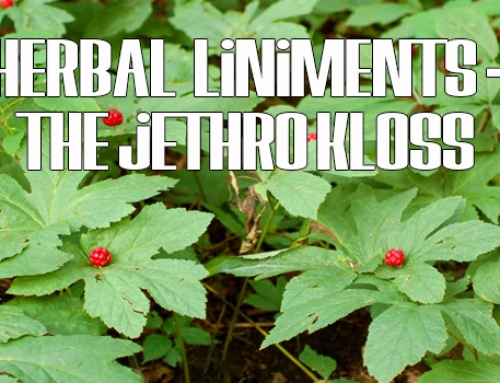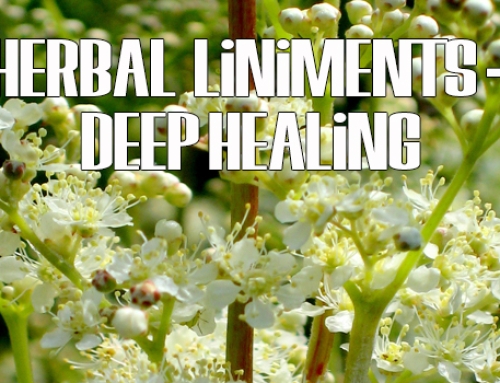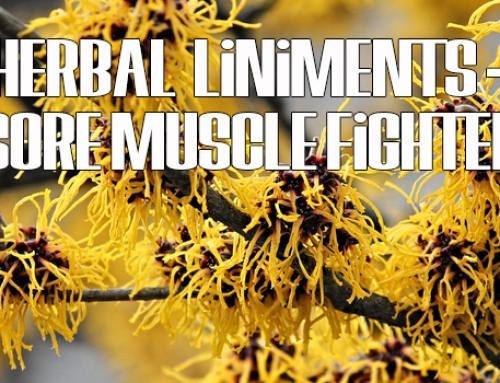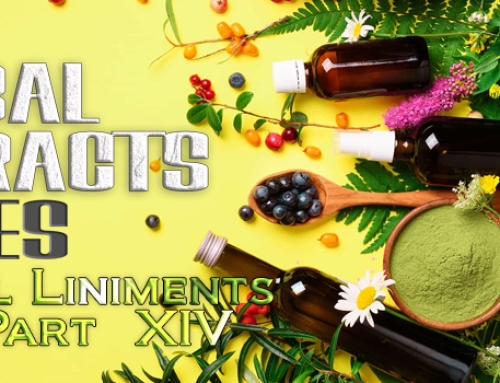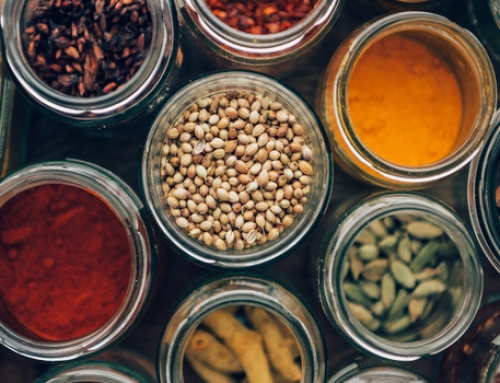What on earth are herbal extracts?
There are certain health promoting compounds that can be found in the plants around us, whether they be wild or cultivated. Herbal extraction is the process of drawing out the therapeutic components of a chosen herb or plant. In many cases, the beneficial compounds we want are tucked away within fibrous material of the plant that is challenging for our digestive systems to fully break down. You can use herbal extracts to help solve this problem by increasing bio-availability.
Each extraction can be singular (one plant or herb and concentrated compound) or there can be a combination of herbs together for a larger desired effect, but most of the time you will see these in a liquid based form ready to be ingested.
The liquid used to extract an herb is called a solvent or the carrier, or in traditional herbal language the menstrum. it is the means by which the wanted compounds can be best introduced to your bodily systems. Common solvents are water, alcohol, vinegar, and glycerin. Each solvent has specific things it’s good . . . and not so good . . . at drawing out, so you use different ones based on the type of herb you’re working with, and the desired effect you want have.
We’ll start with the most known type of extraction . . .
Glycerite – Part III
Glycerites are basically tinctures that are made with glycerin instead of alcohol. You can use the same ingredients found in the Tincture section below in the glossary as well with one variation. When you place the herbs into the mason jar, you will need to boil some water, and pour that hot water in just enough to completely cover the herbs. Then you can add the Glycerin to fill the rest of the jar.
There are some advantages to using glycerin, and some disadvantages, too. Let’s take a look at them . . . .
Advantages:
- Flavor – Glycerin is naturally sweet, but doesn’t raise blood sugar in most people. The sweetness works well to mask the flavor of bitter herbs.
- Alcohol-Free – This can be important for individuals who need to avoid alcohol or parents who want to avoid giving alcohol-based tinctures to their children.
- Can be used internally and externally – Glycerin has moisturizing properties that make it a popular ingredient in skincare, making glycerites perfect for topical application in addition to internal use.
Disadvantages:
- Potency – Glycerites are generally not as potent as tinctures, and you need to use heat to get a decent extraction.
- Takes Longer to Steep – The time to let it sit and steep is 8-10 weeks vs the 6-8 weeks with alcohol/ACV
- Shelf life – Has a shorter shelf life than tinctures. That said, a properly made glycerite should last at least 3 years.
- Not for use with fresh plants – Plant compounds damaged by heat or drying will not be effectively extracted using glycerin.
- Can’t extract resins, oils or most mucilaginous herbs – For resins or oils use alcohol, and for mucilaginous herbs use water.
Glycerite recipe to try:
The Deep Sleep Hibiscus Glycerite
Tincture recipes to try with Glycerin:
- Healthy Heart Elderberry Hawthorne Tincture
- Mood Boost Tincture
- Valerian Root Sleep Aid Tincture
- Adapt & Thrive Tincture
In this series you will be able to see and gain recipes for your home apothecary remedies that will become the mainstay in your household. Here’s what you can see and learn more of:
- Teas – Infusions and Decoctions
- Tinctures
- Glycerite
- Herbal Syrups
- Herbal Oils & Salves
- Herbal Vinegars
- Herbal Honeys
- Oxymels
- Distillations
- Elixirs
- Electuaries
- Herbal Soaks
- Compresses & Poultices
- Liniments
Come and join us in bringing back the knowledge known by our ancestors and practiced for the health and benefit of those that came before us!

